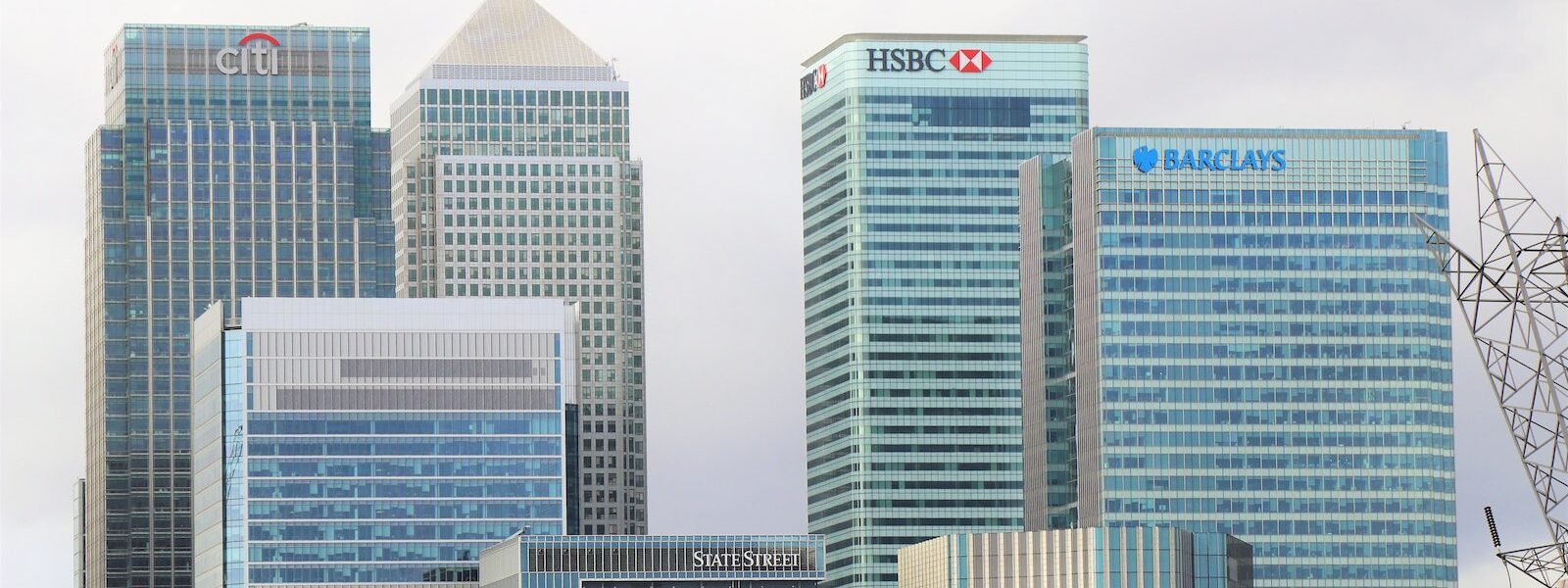Warning Bells: Fitch Ratings Contemplates Credit Downgrades for Major Banks Amidst Policy Turbulence
The reverberations of economic uncertainties have resounded through the corridors of Wall Street, as Fitch Ratings raised a cautionary flag, hinting at potential credit rating cuts for a cluster of banks, including influential Wall Street giants. A subtle shift took place at the close of June, with Fitch lowering the “operating environment” score for U.S. banks from AA to AA-, an alteration that escaped widespread attention but holds profound implications for the financial landscape.
This decision was underpinned by an amalgamation of factors: dwindling sovereign debt ratings, regulatory gaps in the ever-shifting landscape of “monetary policy normalization,” and the perplexing trajectory of future interest rates. Fitch clarified that this modification, while not expected to directly impact U.S. bank ratings, does trim their ratings headroom. Yet, a further descent by one notch to A+ from AA- could usher in substantial changes, compelling Fitch to meticulously reevaluate the credit ratings of over 70 U.S. banks under its purview.
Analyst Chris Wolfe, in conversation with CNBC, expressed the potential domino effect of such a downgrade: “If we were to move it to A+, then that would recalibrate all our financial measures and would probably translate into negative rating actions.” This proposition places heavyweights like JPMorgan Chase and Bank of America in the spotlight, as the symbiotic relationship between the credit rating of banks and their operational ecosystem could wield a significant impact.
A Symphony of Downgrades: The Echo of Moody’s
The chronicle of financial dynamics is further embellished by the recent decision by Moody’s, which cast its own shadow on the banking landscape. The ratings agency took a step toward devaluation, slicing the ratings of ten banks by a solitary notch. This maneuver was impelled by a cocktail of concerns ranging from the shadow of escalating interest rates and ballooning funding costs to the heightened risks emanating from the commercial real estate sector.
Moody’s spotlighted the evolving contours of banking profitability amidst the tides of change: “U.S. banks continue to contend with interest rate and asset-liability management (ALM) risks with implications for liquidity and capital, as the wind-down of unconventional monetary policy drains systemwide deposits and higher interest rates depress the value of fixed-rate assets.” This nuanced outlook was accompanied by a watchful gaze upon six banking titans, placed on review for potential downgrades, a list encompassing names like U.S. Bancorp, Bank of New York Mellon, and Truist Financial.
A Pensive Horizon and Unsettled Terrain
As a mild U.S. recession looms on the horizon, banks confront mounting pressures on their profitability, challenging their capacity to generate internal capital. The commercial real estate (CRE) portfolios, in particular, harbor latent volatility, stirring the waters of asset quality. This outlook has inevitably cast a shadow over the future of 11 other banks, as Capital One, Citizens Financial, and Fifth Third Bancorp witnessed their outlooks marked as negative.
The orchestration of this intricate symphony has cast regional banks at the center stage of turmoil, with the abrupt downfall of Silicon Valley Bank and Signature Bank setting off a cascading effect, culminating in a deposit run during the early days of March. While authorities mobilized emergency measures to bolster confidence, the specter of sizable unrealized losses looms, potentially inciting erosion in investor trust.
Amidst the turmoil, the credit downgrade descends as the tempest of the most aggressive monetary policy tightening campaign in decades rages on. July bore witness to the Federal Reserve’s approval of another interest rate hike, elevating the benchmark rate to heights unseen since 2001. As economic landscapes evolve and policy currents intensify, the resilience and adaptability of banks will undoubtedly remain under constant scrutiny, bearing witness to a narrative of fluidity and resilience in the ever-evolving world of finance.
Download our app MadbuMax on the Apple App Store for the latest news and financial tools. Interested in getting your finances in order do not forget to check Dr. Paul Etienne’s best-seller book on personal finance. To access more resources, tools, and services please click here. Also, do not forget to follow Dr. Etienne on IG or Twitter.





